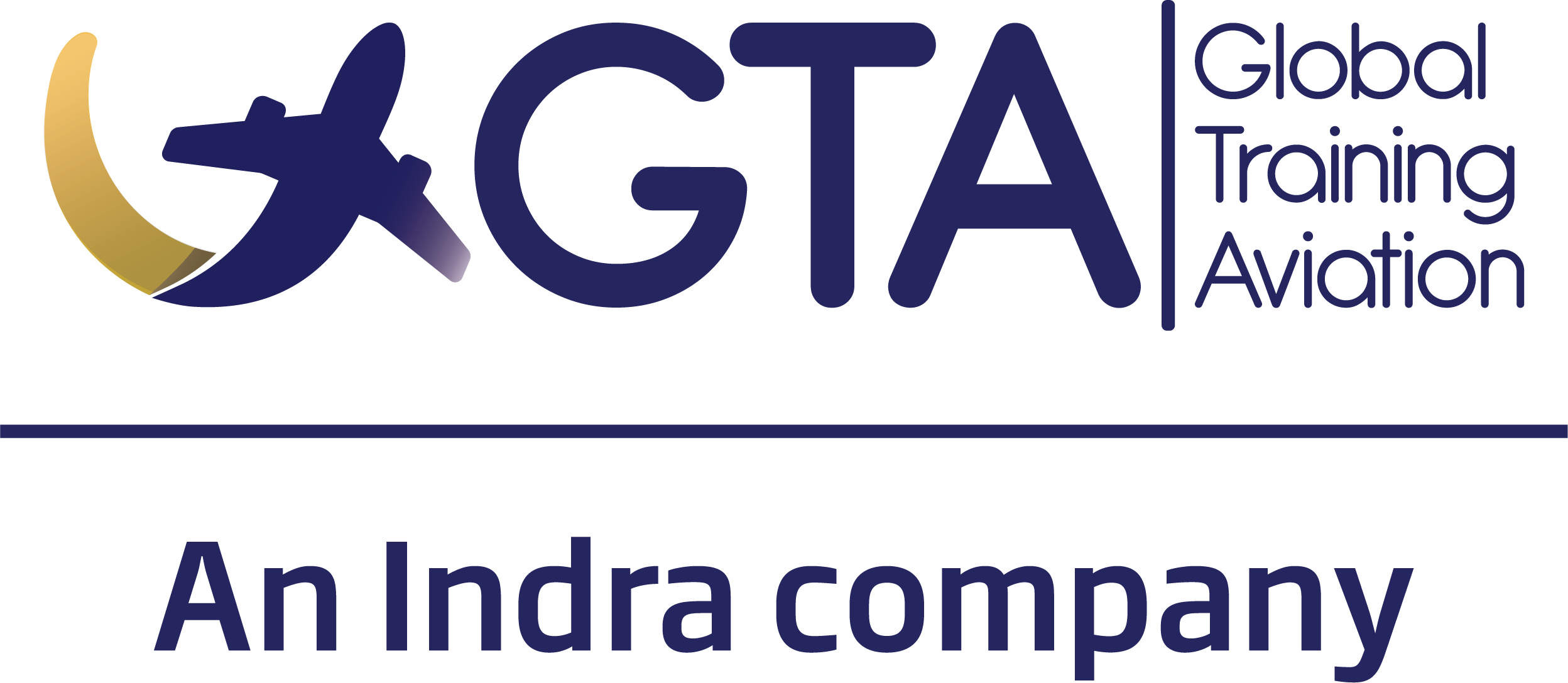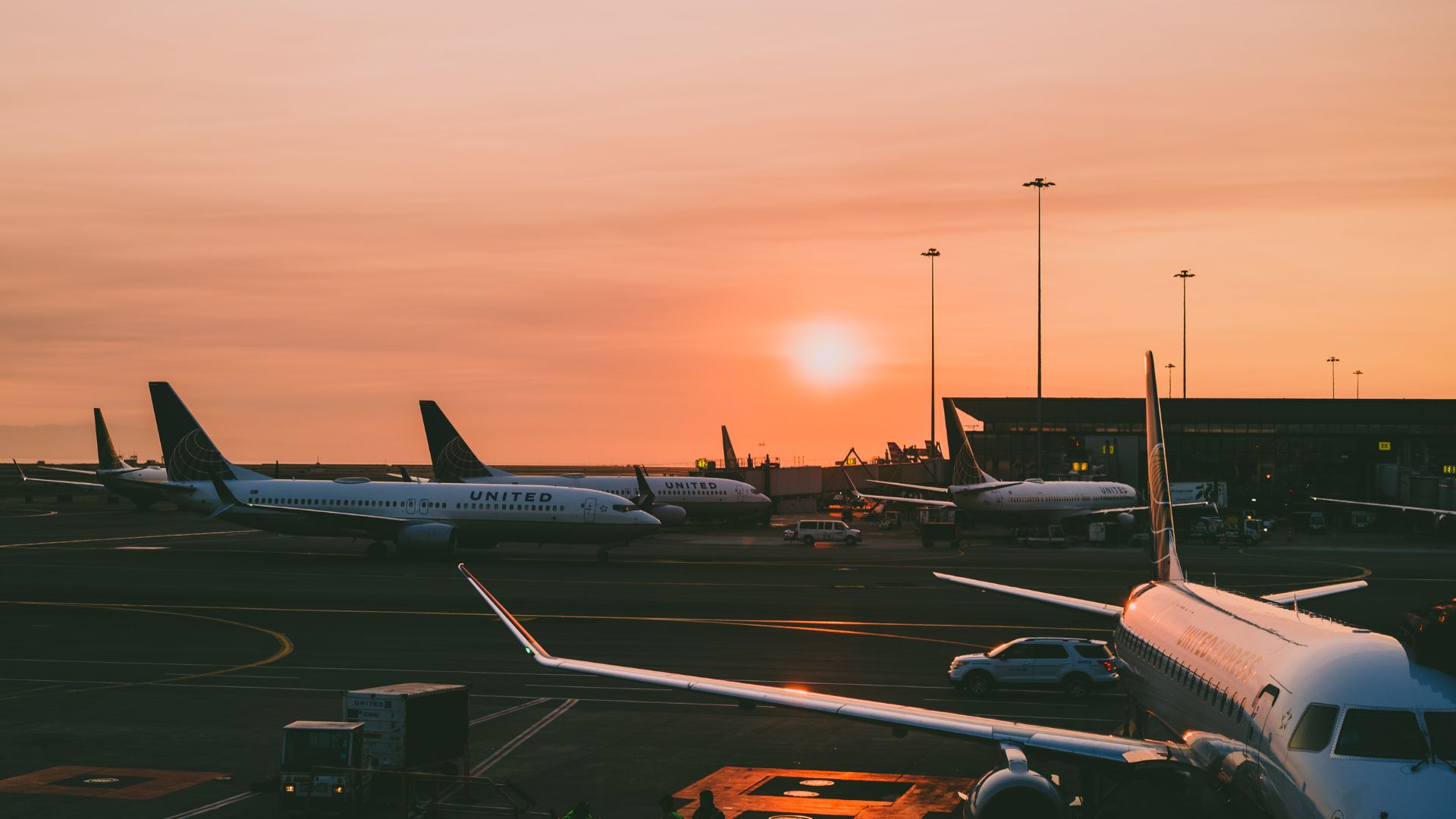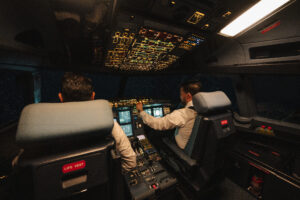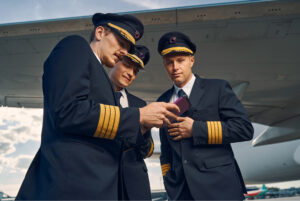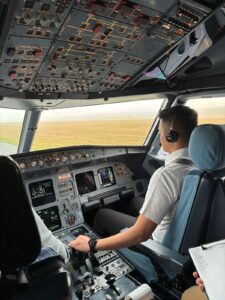Starting your journey as a professional pilot begins with selecting the right aviation school. However, with so many options available worldwide, including schools certified by EASA, FAA, and DGCA, choosing the best one can seem overwhelming. Fortunately, this guide will simplify the process by highlighting the key factors to consider, ensuring that you make an informed decision and choose a school that aligns with your goals.
Key Factors to Consider When Choosing an Aviation School
1. Accreditation and Certification
First and foremost, you must verify that the school is accredited by a recognized aviation authority. These could include EASA, FAA, or DGCA. Certification guarantees that the school meets global standards, ensuring that your pilot license is internationally recognized. In particular, choosing an accredited school is crucial for your future success.
- EASA Programs are known for their rigorous standards and comprehensive theoretical training.
- FAA Programs, on the other hand, offer a more practical approach and tend to be more affordable.
- DGCA Programs are tailored specifically to the rapidly growing aviation industry in India, focusing on regional requirements.
By choosing a school that holds the right accreditation, you can be confident in the quality of training you will receive.
2. Type of Training Programs
Next, it’s important to assess the programs offered by each school. Ensure that the training programs are aligned with your career goals. For example, you should look for schools that offer training for all stages of your pilot career:
- Private Pilot License (PPL): This is your first step toward becoming a pilot.
- Commercial Pilot License (CPL): This is the foundation of a professional flying career.
- Instrument Rating (IR): This is essential for flying in a wide variety of weather conditions.
- Type Ratings: Specific training for aircraft such as the Airbus A320, Boeing B737, or ATR 500/600.
By choosing a school that offers these programs, you ensure your training will be comprehensive and tailored to your needs.
3. Fleet and Simulator Availability
Furthermore, a great school should have modern aircraft and advanced flight simulators. Therefore, you should look for schools that provide Full Flight Simulators (FFS) for popular aircraft like the B737, A320, or ATR 500/600. In addition, these simulators replicate real-life flight conditions and scenarios, offering a realistic training environment.
This hands-on experience is invaluable as it prepares you for the challenges of real-world airline operations. In particular, it helps build your confidence and decision-making skills in a safe environment.
4. Experienced Instructors
The quality of instruction is another vital factor. Specifically, experienced instructors can significantly impact your learning experience. Research the backgrounds of the instructors to ensure they have extensive commercial aviation experience and are proficient with the aircraft models you’ll be flying. Moreover, instructors who have worked with major airlines will bring practical, real-world knowledge into the classroom.
5. Global Recognition
If you aspire to work for international airlines, it is important to choose a school with globally recognized certifications. EASA, FAA, and DGCA credentials are highly respected and open doors to aviation job opportunities around the world. Therefore, you should opt for a school whose training programs are aligned with these authorities.
6. Cost and Financing Options
Pilot training is a significant financial commitment. Therefore, you should compare tuition fees, additional costs (such as simulator hours or type rating courses), and available financing options. It’s worth noting that many reputable schools offer flexible payment plans or partnerships with financial institutions to help ease the cost burden. Additionally, be sure to check for any hidden costs such as medical exams, licensing fees, or equipment.
7. Training Environment
When considering a school, you should also think about its location and the overall training environment. For instance, weather conditions, airspace complexity, and proximity to major airports all influence the quality of training. In sunny locations, schools with consistent weather conditions tend to offer more flight hours. Furthermore, training near busy airports exposes students to real-world air traffic, which is invaluable for developing practical skills.
8. Reputation and Alumni Success
Lastly, consider the school’s reputation and the success of its alumni. Schools with a strong track record can provide you with the network and connections you need. For example, you can look for reviews, success stories, and partnerships with airlines that offer job placements. In fact, alumni success is a good indicator of the school’s ability to prepare students for real-world careers.
Top Questions to Ask Before Enrolling
Before committing to any school, you should ask the following key questions:
- What aircraft models and simulators are available for training?
- Does the program include certifications like MCC, JOC, or type ratings?
- Are there partnerships with airlines for job placement after graduation?
- What’s the school’s track record in preparing pilots for EASA, FAA, or DGCA certifications?
- Are additional costs, such as medical exams, licensing fees, or equipment, included in the tuition?
Why Choose Global Training Aviation for Your Pilot Training?
At Global Training Aviation, we provide everything you need to succeed in your pilot career. Here’s why we are the best choice:
- Comprehensive Training Programs: We offer tailored courses for various career paths, from PPL to CPL and type ratings.
- Advanced Simulators: We offer FFS for popular aircraft such as the A320, B737, and ATR 500/600, ensuring realistic, hands-on training.
- Global Recognition: Our programs meet EASA, FAA, and DGCA standards, guaranteeing your pilot license will be recognized worldwide.
- Experienced Instructors: Learn from highly experienced instructors with real-world airline experience.
- Flexible Options: Choose from modular or integrated training, giving you the flexibility to fit your schedule and budget.
The Importance of Choosing the Right Aviation School
The aviation school you choose will play a critical role in shaping your career. Selecting a school with a strong reputation, modern resources, and comprehensive support will better prepare you for the competitive aviation industry. Whether you want to fly the Airbus A320, Boeing B737, or regional aircraft like the ATR 500 or ATR 600, the right training school will equip you with the knowledge, skills, and confidence to succeed.
